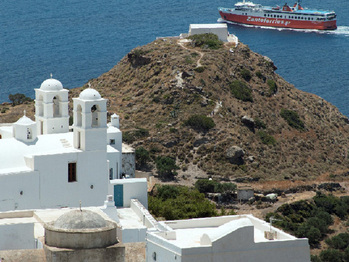Ancient Greece, the cradle of civilization and the birthplace of democracy, flourished with spiritual significance reflected in its magnificent temples. These structures, dedicated to a pantheon of gods, serve as enduring testaments to Greek architectural prowess, religious devotion, and cultural legacy. Let's embark on a journey through time to uncover the top 10 most renowned ancient Greek temples that continue to inspire and enthrall us today.
Perched majestically atop the Acropolis in Athens, the Parthenon stands as the epitome of ancient Greek architecture. Revering the goddess Athena, this temple, dating back to the 5th century BCE, epitomizes the perfection of the Doric order. Its timeless allure emanates from not just its design but also the profound sense of harmony and equilibrium it embodies.
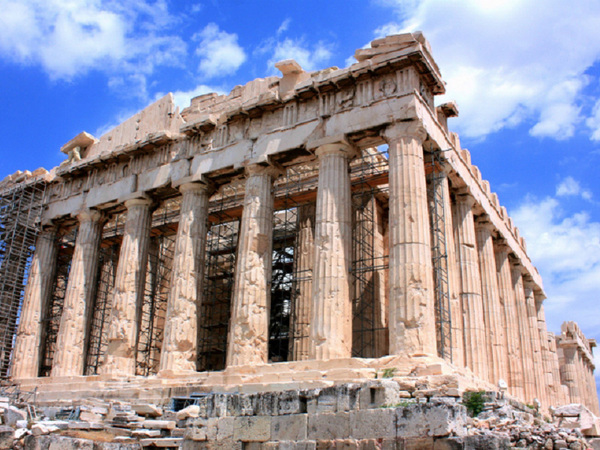
2. Temple of Apollo (Delphi)
Delphi, believed to be the navel of the world in ancient Greek lore, hosted the revered Temple of Apollo. Functioning as an oracle, it beckoned pilgrims in search of enlightenment. Situated amidst the picturesque slopes of Mount Parnassus, the temple's enigmatic ambiance continues to beckon seekers of wisdom and spiritual revelation.
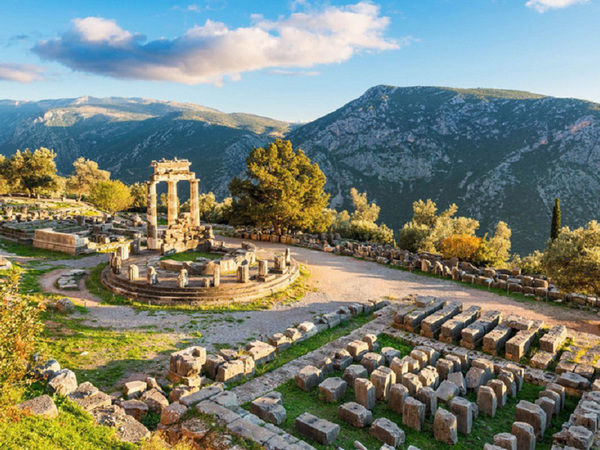
3. Temple of Hephaestus (Athens)
Often overshadowed by its grand counterparts, the Temple of Hephaestus, honoring the god of craftsmen, stands as a testament to architectural brilliance. Nestled in the Agora of Athens, this well-preserved edifice allows visitors to marvel at both its structural magnificence and its historical significance within the bustling ancient marketplace.
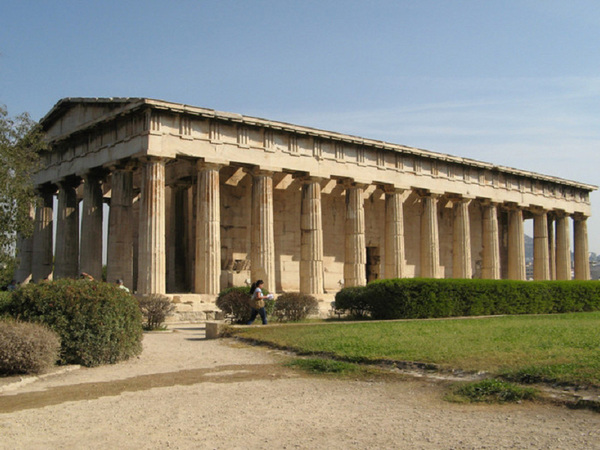
4. Temple of Hera (Olympia)
In Olympia, the cradle of the Olympic Games, lies the Temple of Hera, venerating the queen of the Olympian gods. Though its remnants are modest compared to others, the temple symbolizes the ancient sporting ethos and the enduring spirit of the Olympics.
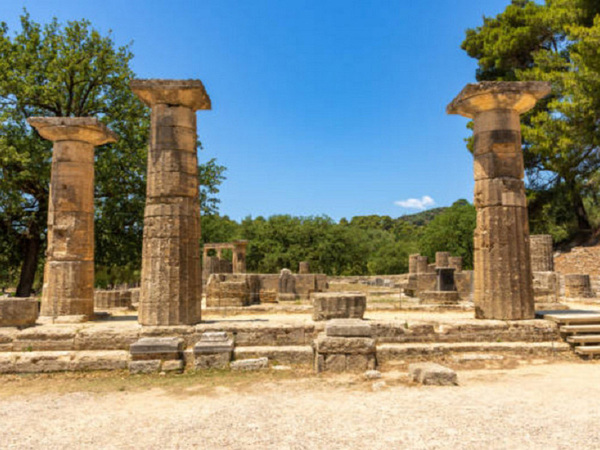
5. Temple of Artemis (Ephesus)
Once counted among the Seven Wonders of the Ancient World, the Temple of Artemis in Ephesus celebrated the goddess of the hunt. Adorned with intricate sculptures and towering columns, it stood as a marvel of architectural finesse. While only fragments remain today, the temple's historical significance remains undiminished.
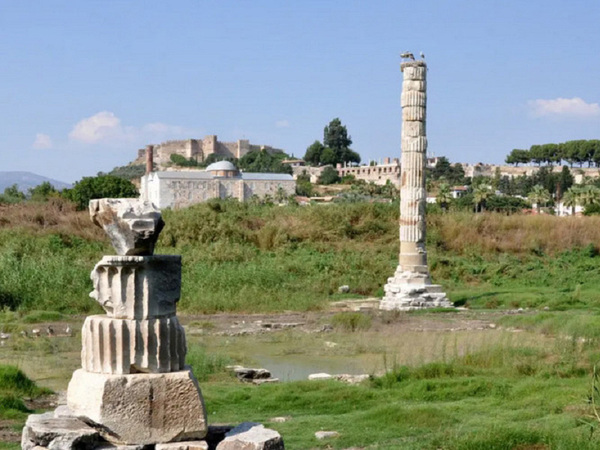
6. Temple of Poseidon (Sounion)
Perched on the cliffs overlooking the Aegean Sea, the Temple of Poseidon at Cape Sounion offers panoramic vistas and a serene spiritual ambiance. Built to honor the god of the sea, its Doric columns are as awe-inspiring as its breathtaking setting.
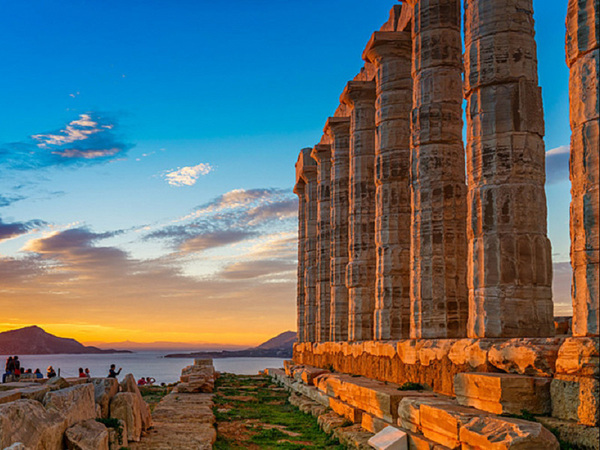
7. Temple of Zeus (Olympia)
Nestled within the sanctity of Olympia, the Temple of Zeus once housed the colossal statue of the king of gods, counted among the Seven Wonders of the Ancient World. While the statue is lost to time, the temple's remnants serve as a poignant reminder of ancient Greek religious grandeur.
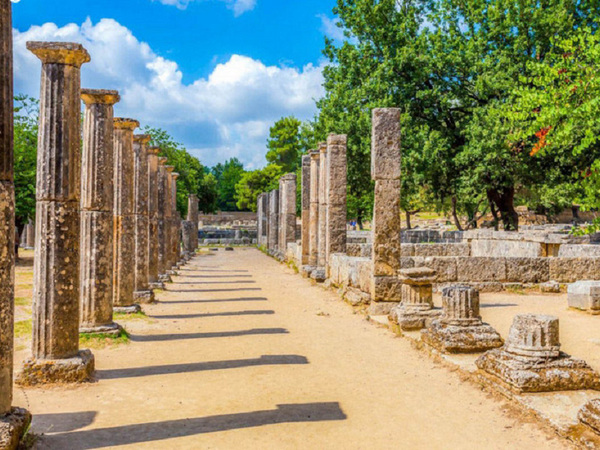
8. Temple of Apollo Epicurius (Bassae)
Nestled amidst the mountains of Arcadia, the Temple of Apollo Epicurius stands as a UNESCO World Heritage Site, showcasing the ingenuity of ancient Greek architects. Unique for its fusion of Doric and Ionic styles, its remote location adds an aura of mystique and adventure to the visitor's experience.
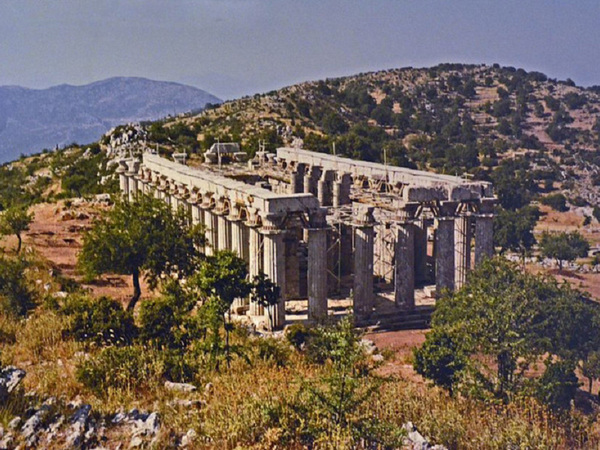
9. Temple of Athena Nike (Athens)
Another gem of the Acropolis, the Temple of Athena Nike, dedicated to the goddess of victory, is a masterpiece of Ionic architecture. Its intricate friezes depict tales of Athenian triumphs, while its compact size and exquisite details underscore ancient Greek artistry.
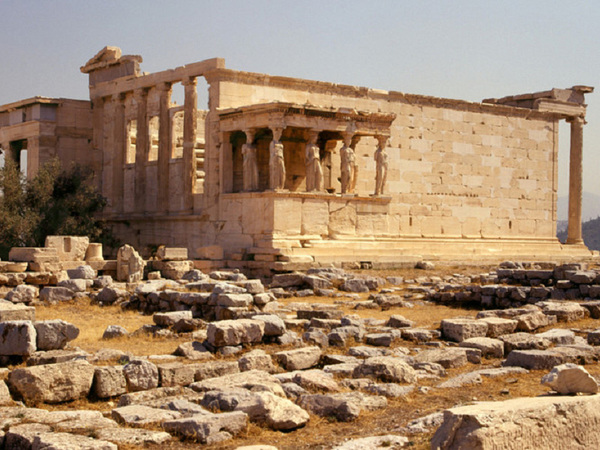
10. Temple of Asclepius (Epidaurus)
The Sanctuary of Asclepius in Epidaurus stood as a renowned healing hub in ancient Greece, with its Temple of Asclepius at its heart. Infused with principles of sacred geometry believed to facilitate healing, its tranquil setting amidst verdant surroundings exudes an aura of serenity that endures to this day.
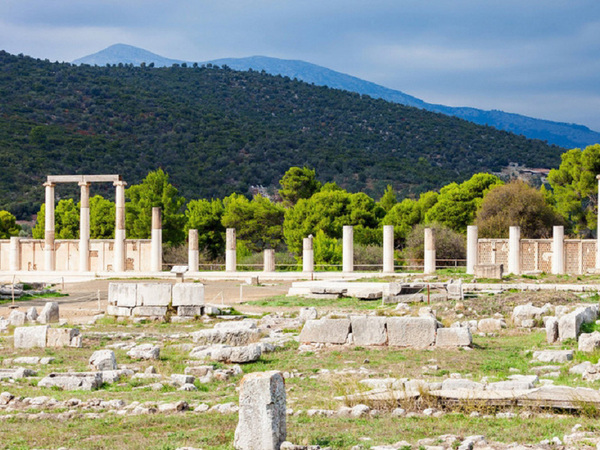
The temples of ancient Greece remain immortal symbols of human creativity, piety, and artistic mastery. Each of these architectural marvels offers a glimpse into the rich tapestry of Greek civilization, whether perched atop lofty peaks, nestled amid bustling marketplaces, or overlooking the vast expanse of the sea. They continue to evoke wonder and reverence, bridging the modern world with the spiritual realm of ancient Greece, and reminding us of the timeless legacy left by this extraordinary civilization.



